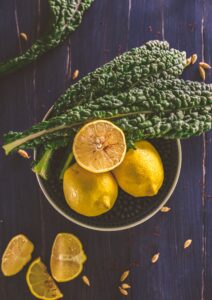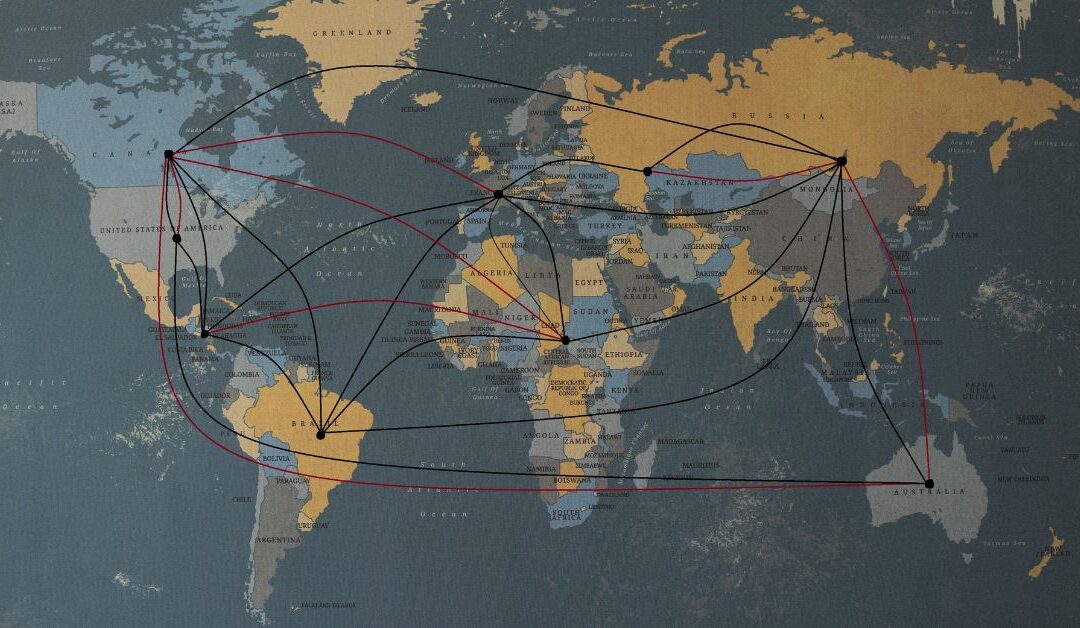The Network with No Name
by Arden Henley
We have now entered the epoch of climate change. As the world’s scientists predicted, the warming planet is now in transition with changes in the weather noticeable everywhere and extreme weather events increasingly a part of all of our daily experience.
In order to survive and protect the lives of future generations we need to come up with new levels of collaboration, caring and community, as well as the inventiveness and technological innovation of which we have, over and over again, shown ourselves capable. One will not suffice without the other.
On the collaboration, caring and community side of the equation, we need to recognize, deepen and celebrate our connection to one another. Along ancient trade routes, via stories told from one traveller to another, messages passed from one city to the next, one village to a village close by, one person to another, in humming cables, on radio waves, buried in treatises and shared in recipes our curiousity, knowledge and love criss-cross the globe cutting through ethnicities, races, cultures and languages. Since the very early days of the human journey it has been this way. This interconnection is one of our greatest strengths and this is what the following account celebrates.
Many years ago, when I was a scrawny, Caucasian graduate student in Pittsburgh, Pennsylvania I was riding a bus home from the local food co-op, a large bag full of groceries in hand. Kale was spilling out over the top of the grocery bag.

Image by Helena Yankovska
“I’ll bet you don’t even know what that is?”
She was right. I had bought kale without knowing what it was because it was the only green, leafy vegetable available at the co-op that day.
“Yes, you’re right, I don’t” I replied
“It’s kale and here’s how you cook it: Clean it good, cook it up in oil, squeeze some lemon on it, and near the end throw in some pine nuts.”
She got up bright-eyed and grinning, and left while I was thanking her. It was her stop.
I have been cooking kale just like that, ever since.
Then, the other day, cognizant of the large number of kale plants in the raised beds in front of our house and aware of our impending travels, Mary texted, our next door neighbour, Sarah inviting her and her family to help themselves. And, by the way, Mary added here is how you cook kale.
Sarah, who is Jewish, responded by telling Mary that sounds like a very Jewish recipe, a recipe that would be called alla Guidea or Rebecca in Italy and the use of pine nuts, a giveaway of the Sephardi influence in the Italian Jewish community. The Sephardim, as I understand it, were a group of Jewish people who had settled the Iberian peninsula for centuries, but were forced out by an overzealously Catholic Spanish government in the late fifteenth century. Many of the Sephardim settled in North Africa and in various parts of southern Europe.
So, the use of pine nuts in cooking, unfamiliar to me until that moment in Pittsburgh, criss-crossed the globe from Spain to Italy to North Africa to America and from neighbours to neighbours’ kitchens here in Vancouver. And so it goes, the precious rhizome of our connections to one another, our intertwining, our love of one another and our sharable ways of relating to this beautiful world. It is through this ancient network with no name that we will find our way.
See what else we have in the GTEC Blog! Read articles on climate change, sustainability, education, and more!

